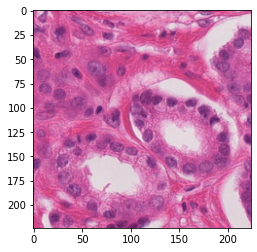Learning a Wavelet-like Auto-Encoder to Accelerate Deep Neural Networks
Accelerating deep neural networks (DNNs) has been attracting increasing attention as it can benefit a wide range of applications, e.g., enabling mobile systems with limited computing resources to own powerful visual recognition ability. A practical strategy to this goal usually relies on a two-stage process: operating on the trained DNNs (e.g., approximating the convolutional filters with tensor decomposition) and fine-tuning the amended network, leading to difficulty in balancing the trade-off between acceleration and maintaining recognition performance. In this work, aiming at a general and comprehensive way for neural network acceleration, we develop a Wavelet-like Auto-Encoder (WAE) that decomposes the original input image into two low-resolution channels (sub-images) and incorporate the WAE into the classification neural networks for joint training. The two decomposed channels, in particular, are encoded to carry the low-frequency information (e.g., image profiles) and high-frequency (e.g., image details or noises), respectively, and enable reconstructing the original input image through the decoding process. Then, we feed the low-frequency channel into a standard classification network such as VGG or ResNet and employ a very lightweight network to fuse with the high-frequency channel to obtain the classification result. Compared to existing DNN acceleration solutions, our framework has the following advantages: i) it is tolerant to any existing convolutional neural networks for classification without amending their structures; ii) the WAE provides an interpretable way to preserve the main components of the input image for classification.
PDF Abstract



